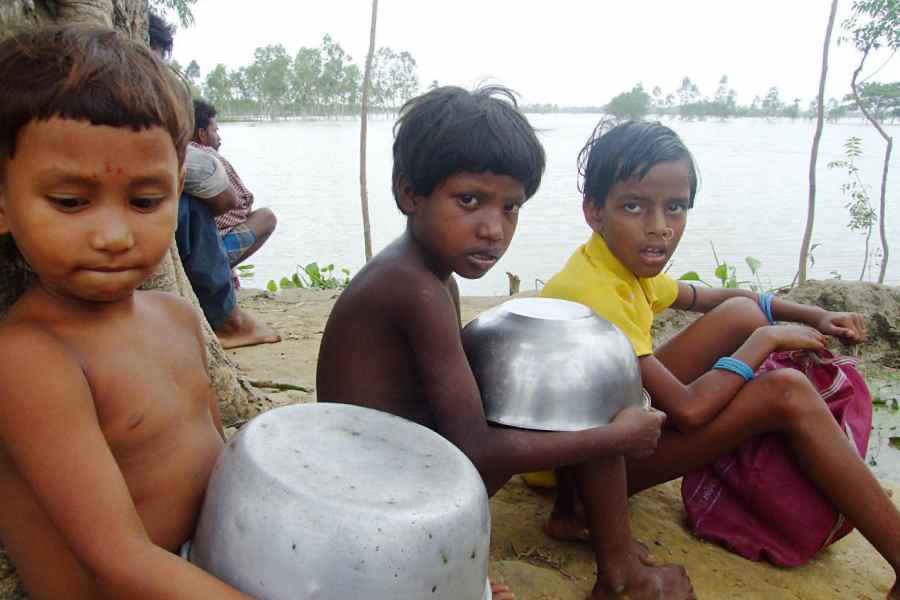There is often a discernible gap between India’s national ambitions and its ground realities. Data from the latest Global Hunger Index have revealed one such persistent chasm. This year, India has been ranked 105 among 127 nations in the GHI: this is indicative of the existence of a ‘serious’ level of hunger in the country. The anomalies revealed are astonishing. The world’s fastest-growing economy with an estimated gross domestic product of almost $4 trillion has 200 million citizens — the size of the population of Brazil — who are undernourished. Despite recording one of the highest volumes of food production — 332 million tonnes in 2023-24 — 13.7% of India’s population remains underfed, 35.5% children are stunted, 18.7% children suffer from wasting and 2.9% of children perish before their fifth birthday. There exists, the analysis suggests, demonstrable political will in India to confront the challenges of nutrition and hunger. Several welfare measures — the National Food Security Act, Poshan Abhiyan, Pradhan Mantri Garib Kalyan Yojana, to cite a few examples — aim to resolve these issues. Yet, the GHI figures suggest that the Indian State, even though over seven decades have passed since Independence, is yet to meet some of the most basic criteria of living for a vast segment of the population. This is not its only failure. India’s hunger story reveals some other limitations in its welfare outreach. The data are indicative of, among other alarming findings, poor levels of nutrition among mothers, critical chinks in India’s health armour and significant policy and public indifference to the issues at hand.
Typically — and cynically — the ministry of women and child development has attempted to find fault with the data collection methodology adopted by the GHI. This is unwarranted, even petulant. This is because the GHI takes into account data compiled from the statistical reports of the Sample Registration System that are published annually by the ministry of statistics and programme implementation. Instead of denial, the Narendra Modi government must adopt a proactive policy of intervention. This must entail better access to safety nets, assessment of nutritional needs, changes in agricultural produce and food systems to offer holistic, nutritious diets, the strengthening of institutional programmes, such as the Integrated Child Development Services, as well as the identification of complementary factors, including maternal health and nutrition. A seat at the global high table is untenable as long as India has hungry mouths to feed.










